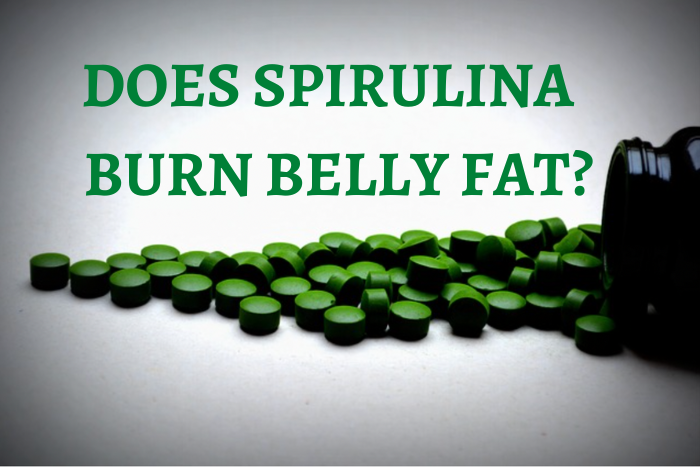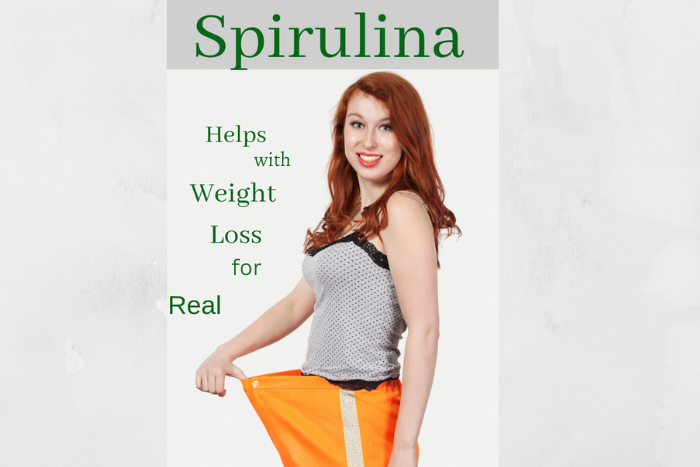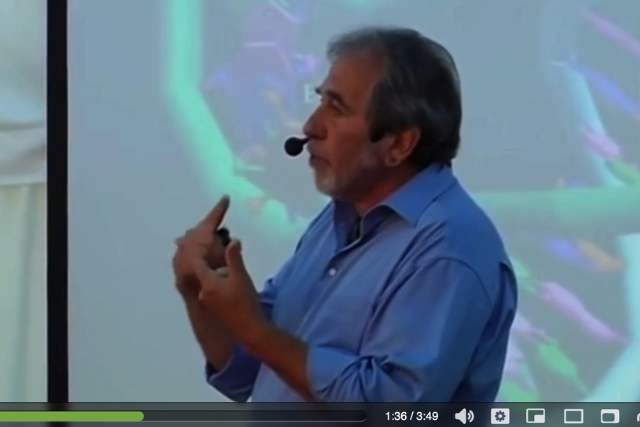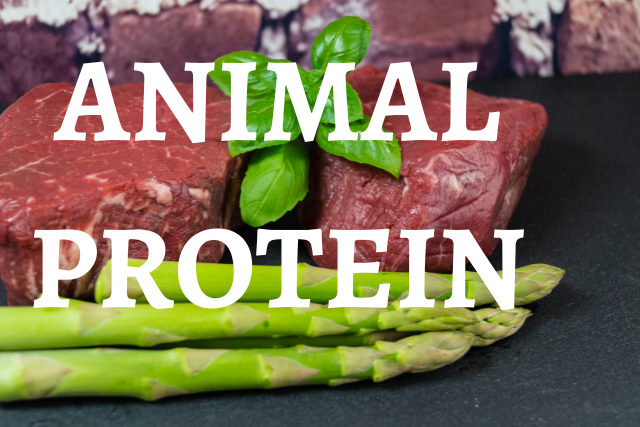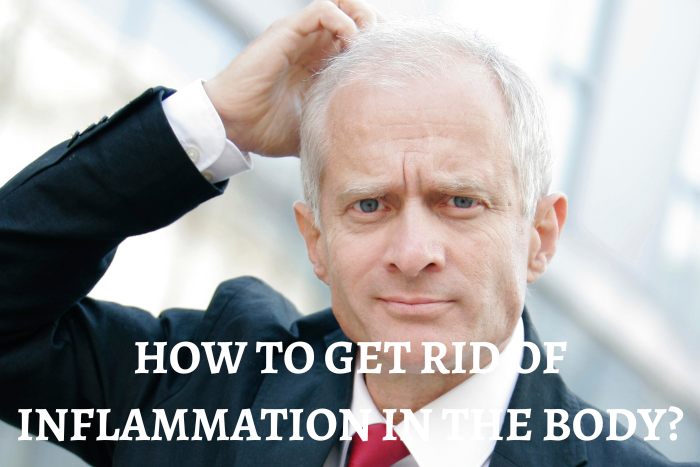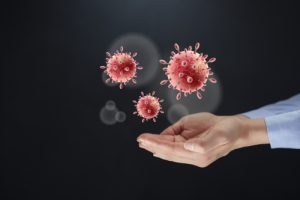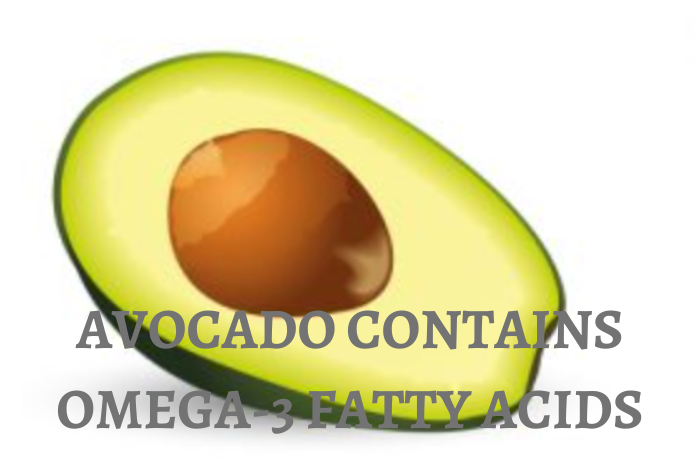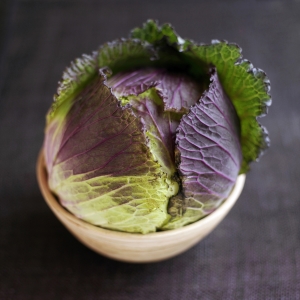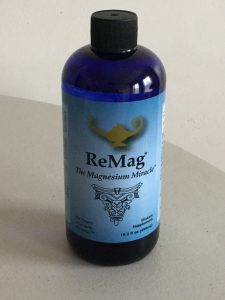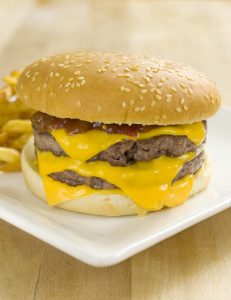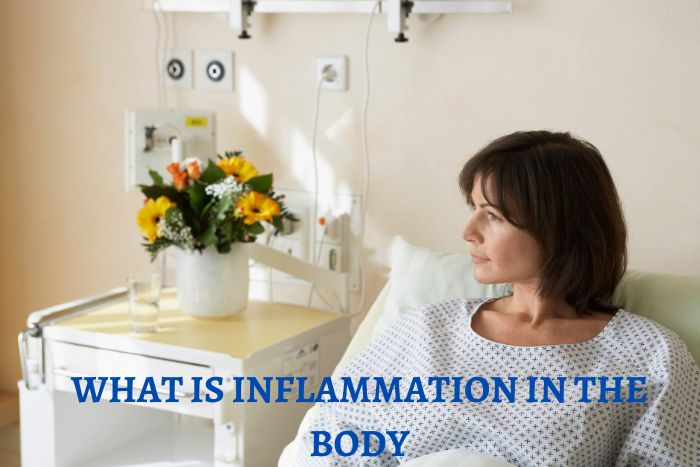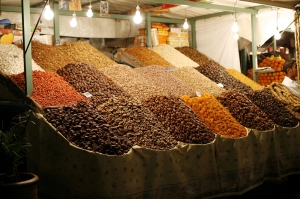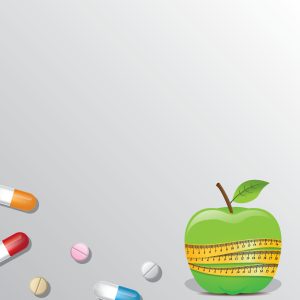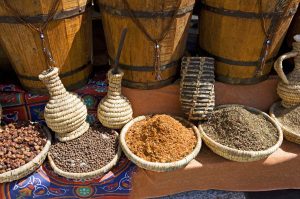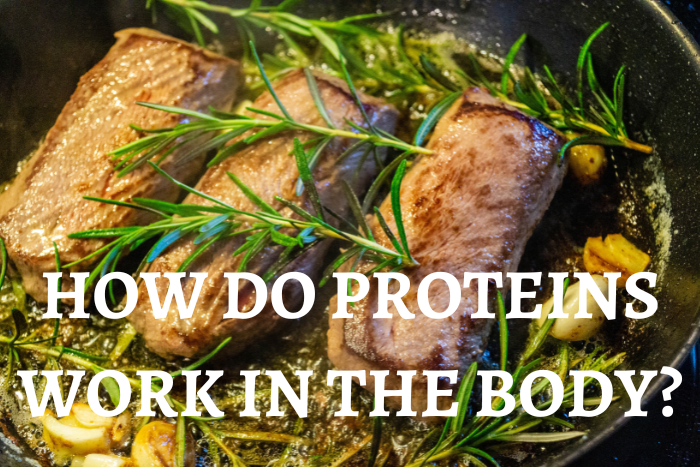
Proteins are critical to the body because of participating mostly in every corner of the body. Every cell needs protein, and we would not survive at all if our bodies were without proteins. Why?
Proteins are building blocks. Can you imagine a house without bricks? Of course, house construction is nothing compared with the body, the most complex and unique creation of Nature.
Our hair, skin, muscle, and connective tissue are proteins.
Proteins are critical to every cell in the body, to the hormones and enzymes that are produced in the body. Protein slows down glucose absorption into the bloodstream, lowering blood sugar levels and insulin and helping burn the body’s fat. Protein lets the neurotransmmiters in our cells to communicate with each other.
What is protein?
Simply put, proteins are the building blocks of life. Speaking from the biological point of view, proteins consist of peptides.
A peptide is a molecule consisting of two or more amino acids connected with a special chemical bond.
Protein has more than fifty amino acids in a molecule.
Peptide has fifty or fewer amino acids.
People cannot live without amino acids. Eight amino acids are essential, and we can die if we will not get them from outside.
What duties do proteins have in the body?
Proteins are essential molecules in the body. These peptides have roles such as
- Being active in transferring information. Information can be encoded in various chains of amino acids that are vital for the function of the human body.
- Peptides participate in processing information. Some antineoplastons are part of the immune system what work on human genes.
Proteins are involved in every function of our body.
What happens if we do not get enough proteins?
A deficiency of proteins leads to a suppressed immune system, physical weakness, slowed growth, and mental retardation.
Which type of protein is best for you?
It does not matter what type of protein you choose, animal or plant-based; how you feel is most important. It is an individual choice based on results.
Some people prefer whey protein over casein or egg protein.
It is crucial to choose proteins from the best food sources that do not contain chemicals or additives. It must be organic, natural, free-range, grass-fed, GMO, and hormone-free.
How do you know when you do not have enough proteins to work for you?
You will experience these situations when you are showing signs of
- Apathy and irritability
- Weakness and lack of muscles
- Diarrhea and intolerance to dairy products
- Lack of stomach acid and bloating
- Low body temperature
- Poor hair and nails
- Cravings for meat, eggs, butter, beans, nuts, and dairy
Signs when you do too much of proteins
- Osteoporosis
- Kidney stones
- Kidney problems
- Constipation
- Joint pain
- Indigestion
- Chronic bad breath
- Dehydration despite drinking a lot of water
Wrapping up
We cannot live without proteins because they are the foundation of our body, building blocks for organs and tissues. Proteins help transfer information between cells; they are critical to hormones and enzymes that participate in metabolic processes.
Taking adequate amounts of protein that is clean of chemicals and toxins, we can be sure that our body will perform functions as Nature intended to.
